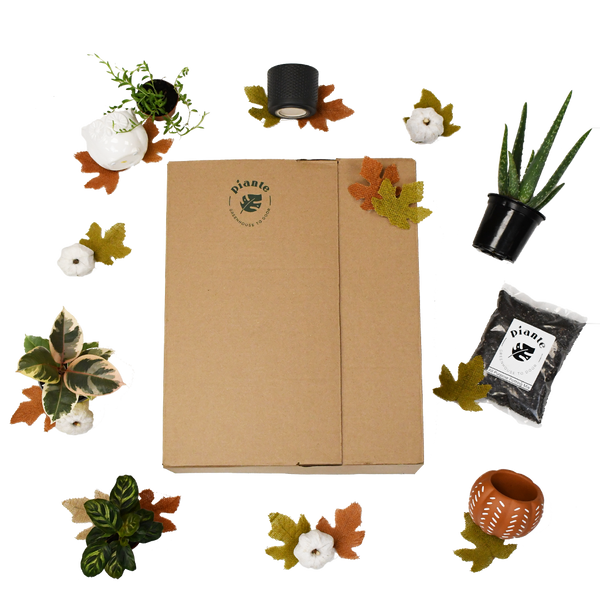Venus Fly Trap

Best known for its carnivorous eating habits and unique look, Venus Flytrap surely makes an exciting addition to your space! The part that traps flies and other insects is, in fact, a modified leaf with two lip-like blades. Interestingly, each blade grows fringed teeth-like hairs that, when triggered, signals the plant to trap its food. This fun carnivorous plant offers a lot more! With the right conditions, its tall stems will showcase clusters of white flowers.
Plant Type
Specialty
Specialty plants are usually rare and unusual plants. Because these plants may be hard to find, a bit challenging to grow, or grow out of season, they make a unique addition to your houseplant collection.
Plant Feature
Carnivorous
Carnivorous plants trap and feed on flies, bugs, and other insects. Surely an exciting addition to your home, these plants will intrigue your guests with their different feeding habits and strange appeal.
Kid-Friendly
Even the kids can enjoy growing and caring for these plants since they are easy to grow, safe, and non-toxic. Kid-friendly plants will surely help make your home nice-looking without having to worry about skin irritation, allergies, or plant poisoning.
Pet Friendly
These are the perfect plants to keep in your home, even if you have curious pets that chew on almost everything – including plants. They are safe and non-toxic, so you don’t have to worry about your plants poisoning your cats and dogs.
Light Care
High Light
High light plants require full sunlight to assume their full potential, which means they need at least 6 hours of direct, bright light a day. The brightest spot in your home is the best place to put them.
Water Care
High Water
These plants require frequent irrigation to achieve the best performance. They need watering 3 to 4 times a week since these plants are typically fast-growing and shallow-rooted.
Fertilizer Care
No Fertilizer
These are plants that can grow and perform best even without supplemental feeding. You may skip regular fertilization, and they will remain vigorous and attractive.
Zone
7-10
Plant Care
Bog plant that requires constant levels of moisture and 12 hour days to keep from going dormant. Keep the plant heart if this happens, as it will regrow when days lengthen. Water needs to pass through a charcoal filter or be left out for 48+ hours to allow chemicals to dissipate. When transplanting, only increase pot size by one and use our long fibre sphagnum moss. Traditional soil contains fertilizer which will hurt plant growth.
Origin
Native to coastal plain areas in North and South Carolina, where it is found in sandy, acidic, boggy sites in marshlands, wet grasslands and savannas.




